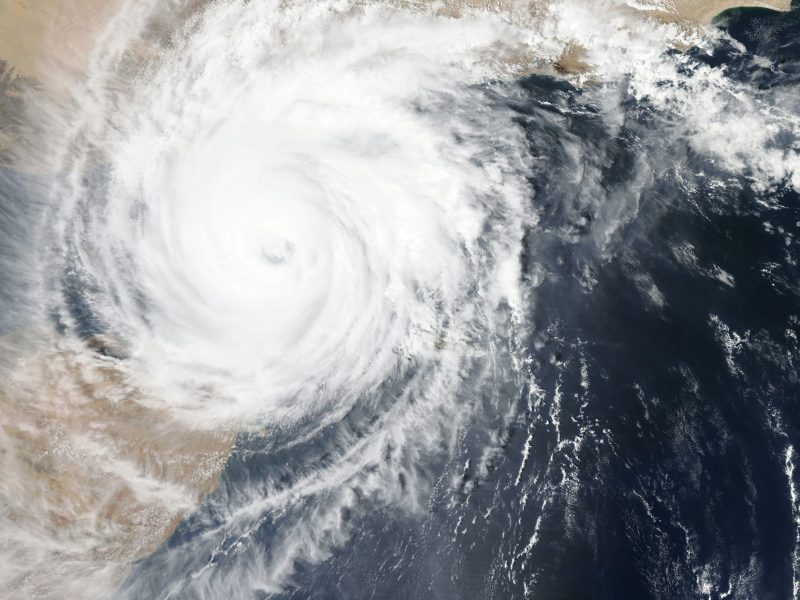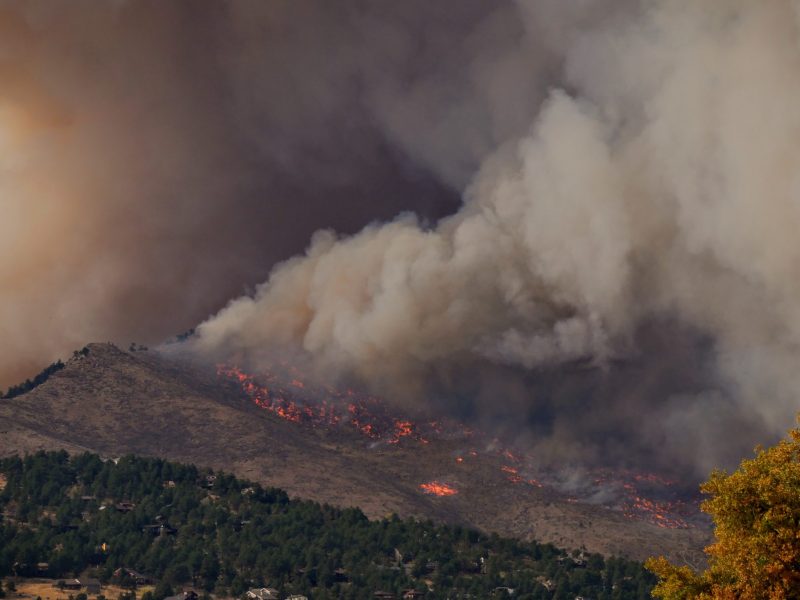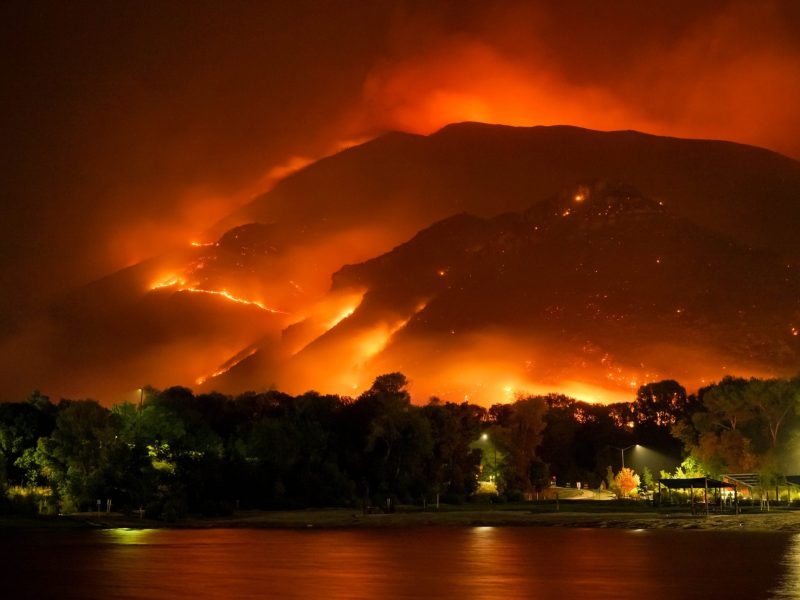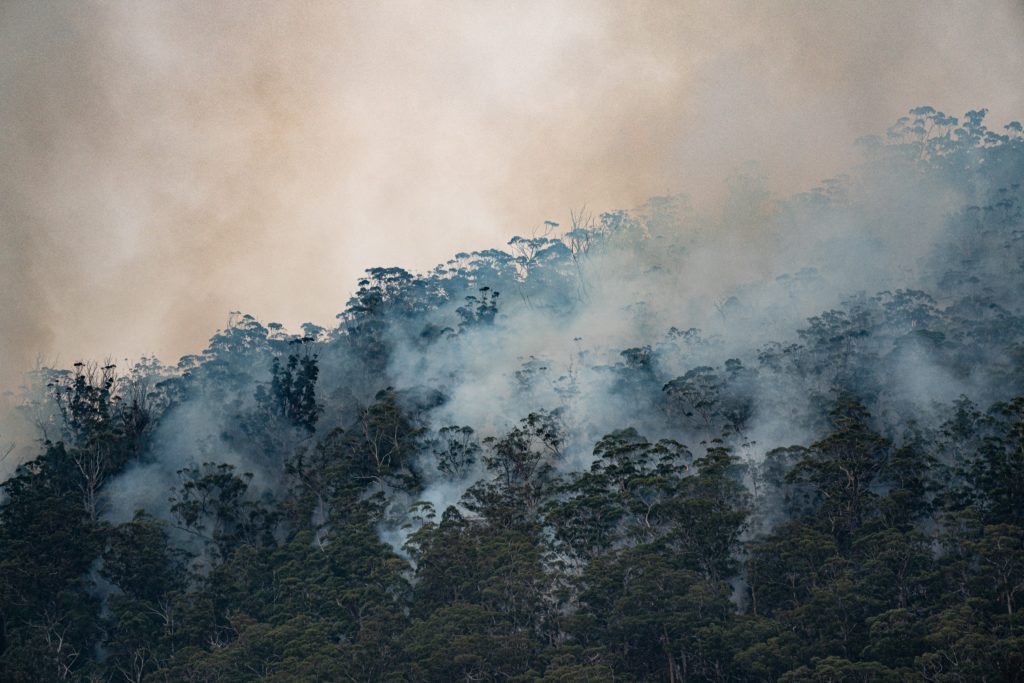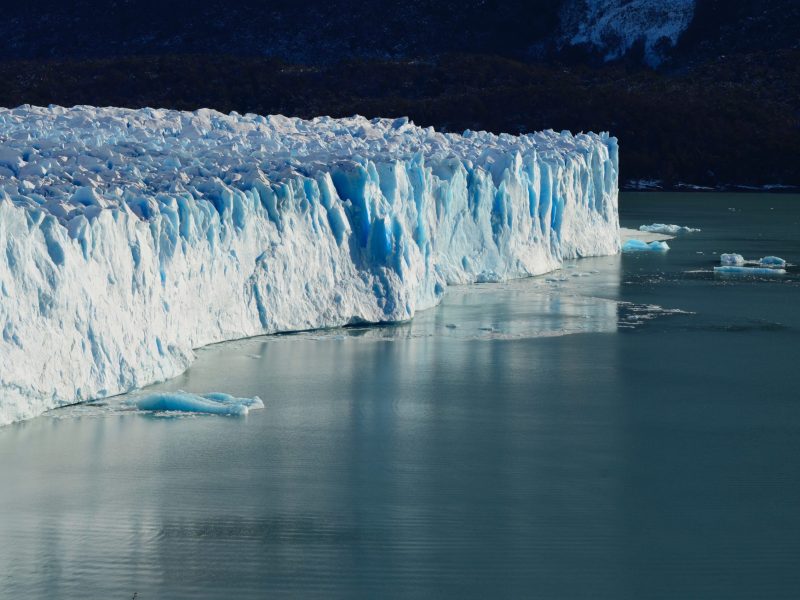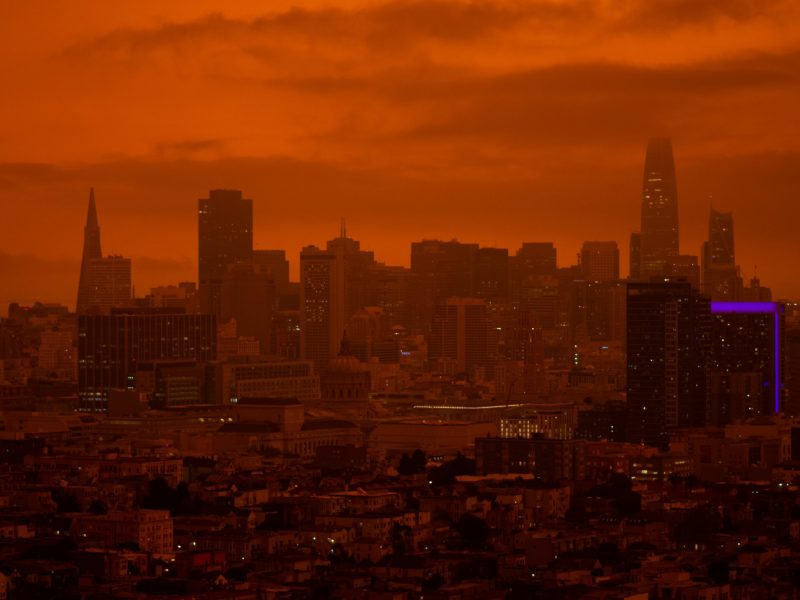WORLD WARMING
Every year, billions of tonnes of carbon dioxide are released into the atmosphere during the production of coal, oil, and gas. With no signs of slowing down, human activities are to blame for record-high levels of greenhouse gas emissions. The warmest four years on record have just passed. Temperatures are currently at least one degree Celsius above pre-industrial levels, according to a September 2019 assessment by the World Meteorological Organization (WMO), putting us dangerously close to taking a "unacceptable risk," in the words of scientists. The 2015 Paris Agreement on Climate Change advocates for limiting temperature increases to 1.5 degrees Celsius above pre-industrial levels and keeping global average temperature increases well below 2 degrees Celsius. If we do not reduce global emissions, temperatures may rise to 3°C over pre-industrial levels by 2100, further harming our ecosystems irreparably.
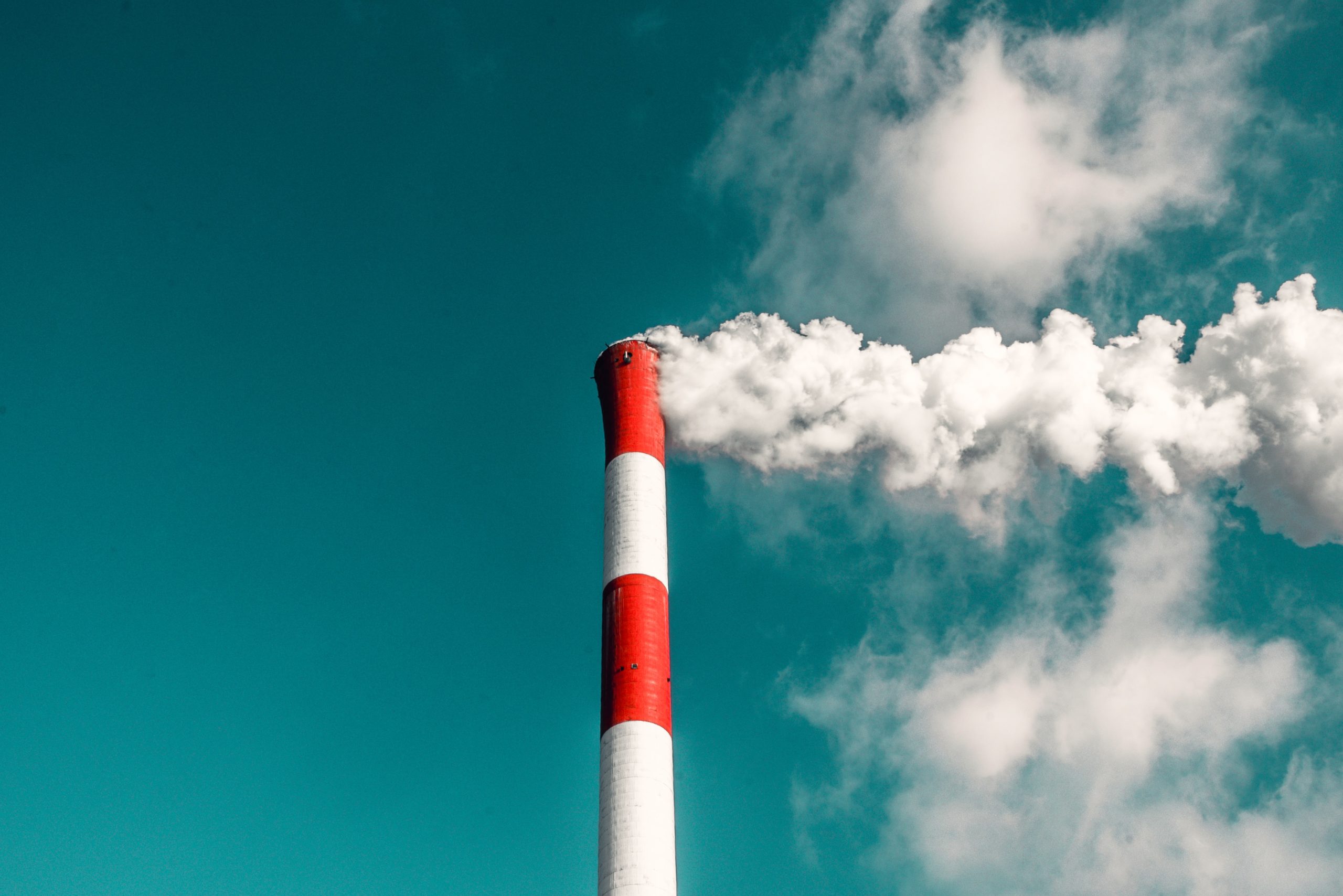
Sea levels are already increasing as a result of the melting of glaciers and ice sheets in the arctic and mountainous areas. Nearly 40% of the world’s population lives within 100 kilometers of the coast, and nearly two thirds of cities with a population of more than five million are situated in areas at risk of rising sea levels. In our lifetime, entire neighborhoods in New York, Shanghai, Abu Dhabi, Osaka, Rio de Janeiro, and many other cities could be submerged, forcing millions of people to relocate.
WATER AND FOOD SECURITY
Food and water security for everyone is impacted by global warming. The earth can only store so much carbon due to soil deterioration, which is a direct result of climate change. Approximately 500 million people today reside in locations where soil erosion is a problem, and up to 30% of food is lost or squandered. In the meantime, climate change is degrading both the quality and quantity of water used for agriculture and drinking.
Crops that have thrived in many areas for millennia are surviving there less and less successfully, making the situation with regard to food security more insecure. The poor and disadvantaged are typically most affected by such effects. The economic growth gap between the richest and poorest nations of the globe is predicted to expand due to global warming.
